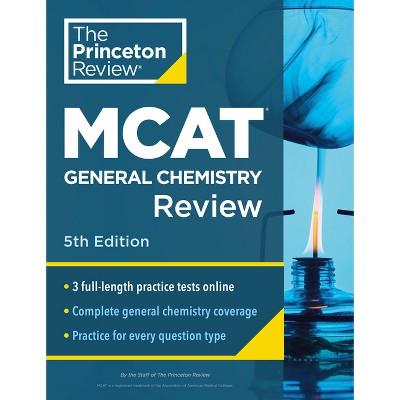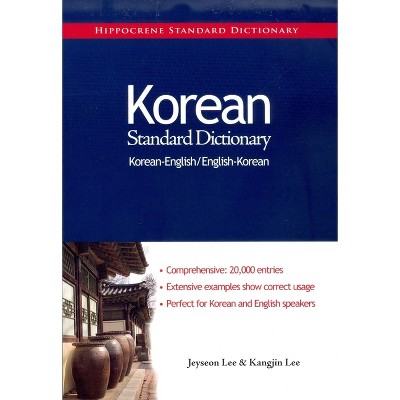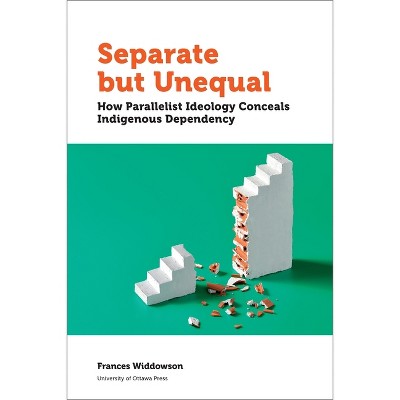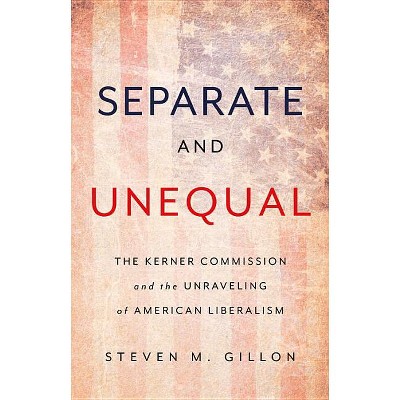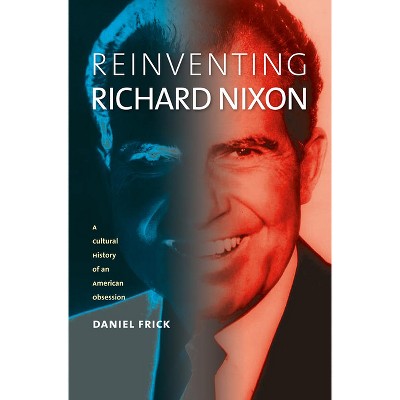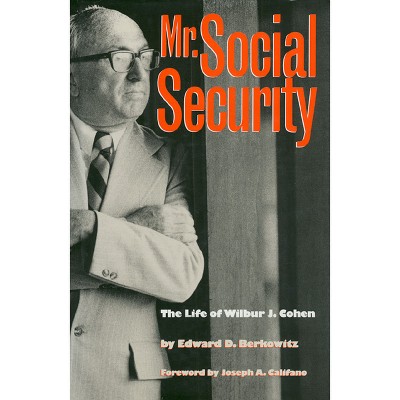Sponsored

Is Separate Unequal? - by Albert L Samuels (Hardcover)
In Stock
Sponsored
About this item
Highlights
- When racial segregation was the rule in southern schools, all-black universities like Jackson State, Alcorn State, and Mississippi Valley State represented the only opportunities for African Americans to obtain a college education.
- Author(s): Albert L Samuels
- 246 Pages
- Education, Educational Policy & Reform
Description
Book Synopsis
When racial segregation was the rule in southern schools, all-black universities like Jackson State, Alcorn State, and Mississippi Valley State represented the only opportunities for African Americans to obtain a college education. For that reason, the move toward desegregation triggered by Brown v. Board of Education was a mixed blessing for those committed to preserving the traditions of Historically Black Colleges and Universities. As Albert Samuels observes, Brown's tenet that separate educational institutions are inherently unequal has for nearly half a century forced HBCUs to defend their very right to exist. In this book he reexamines the debate over desegregation and its impact on publicly funded HBCUs, exploring the contradictions and concerns that Brown created for African Americans over four decades and challenging the idea that separate is necessarily unequal. Because the Brown decision has come to embody the American Creed and is now a cultural icon, critical discussion of it can be difficult. Samuels contends, however, that Brown was originally intended to address discrimination against blacks as individuals; when its focus shifted to entire educational systems, the problem became more complicated and exacerbated by the existence of publicly funded HBCUs. In this critique of the liberal perspective on desegregation, Samuels leads readers from the Brown decision to Green v. School Board of New Kent County and on to United States v. Fordice to show how the future of public black universities has been left uncertain at best. For Samuels, economic equality, not segregation, remains the primary obstacle to fully realized citizenship for African Americans. He argues that African Americans' pursuit of equality in higher education can be achieved without defunding programs at these schools and that their funding should be increased in recognition of their role in preserving African American culture. Is Separate Unequal? suggests that the application of the American Creed to the African American experience is problematic if the historical and cultural differences between blacks and whites are not taken into account. As new affirmative action rulings from Grutter v. Michigan take effect, Samuels's study offers another view of desegregation to show that the real integration needed is one that integrates tax dollars with the underfunded budgets of HBCUs.Review Quotes
"Samuels questions the liberal orthodoxy that all homogeneity or 'segregation' is harmful."--American Historical Review
"A readable and compelling analysis of a vital topic. Samuels has provided great insights into the history and struggle of black public education and higher education."--Journal of Southern History
"A timely and provocative analysis of an under-theorized part of civil rights jurisprudence--the preference of some African Americans to learn with their own kind."--Washington Post Book World
"A clear, cogent, and long overdue investigation of the relationship of black colleges, collegiate desegregation, and the political ideal of democracy. Samuels carefully unravels complicated court cases, haughty political theories, and the complexities of American race relations in order to reveal the historic and continuing significance of black colleges."--M. Christopher Brown II, author of The Quest to Define Collegiate Desegregation
"A well written, informative, and compelling book that should deepen our understanding of the cultural and political significance of race in the United States."--Brian K. Landsberg, author of Enforcing Civil Rights: Race Discrimination and the Department of Justice
"An extremely interesting and fair-minded study."--Mark V. Tushnet, author of Brown v. Board of Education: The Battle for Integration
Shipping details
Return details
Trending Non-Fiction









